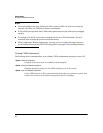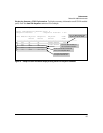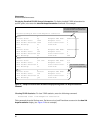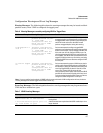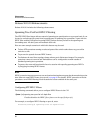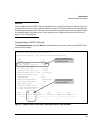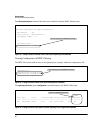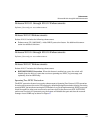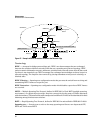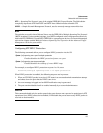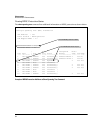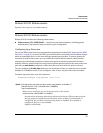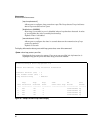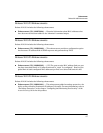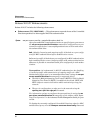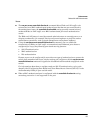
92
Enhancements
Release M.10.17 Enhancements
Figure 27. Example of BPDU Protection Enabled at the Network Edge
Terminology
BPDU — Acronym for bridge protocol data unit. BPDUs are data messages that are exchanged
between the switches within an extended LAN that use a spanning tree protocol topology. BPDU
packets contain information on ports, addresses, priorities and costs and ensure that the data ends
up where it was intended to go. BPDU messages are exchanged across bridges to detect loops in a
network topology. The loops are then removed by placing redundant switch ports in a backup, or
blocked, state.
BPDU Filtering — Spanning-tree configuration mode that prevents the switch from receiving and
transmitting BPDU frames on a specific port.
BPDU Protection — Spanning-tree configuration mode which disables a port where BPDU frames
are received.
MSTP — Multiple Spanning Tree Protocol, defined in IEEE 802.1s. Each MSTI (multiple spanning
tree instance) on a physical port provides loop free connectivity for the group of VLANs associated
with that instance. This means that traffic transported on different VLANs can be distributed for load-
balancing among links between switches.
RSTP — Rapid Spanning Tree Protocol, defined in IEEE 802.1w and ratified in IEEE 802.1D-2004.
Spanning-tree — Generic term to refer to the many spanning-tree flavors: now deprecated STP,
RSTP and VLAN-aware MSTP.
Management
Station
Event Log: port X is disable by STP
Fake STP BPDU
End User
SNMP Trap
SNMP Trap
SNMP Trap
BPDU protection
Switch
STP Domain



